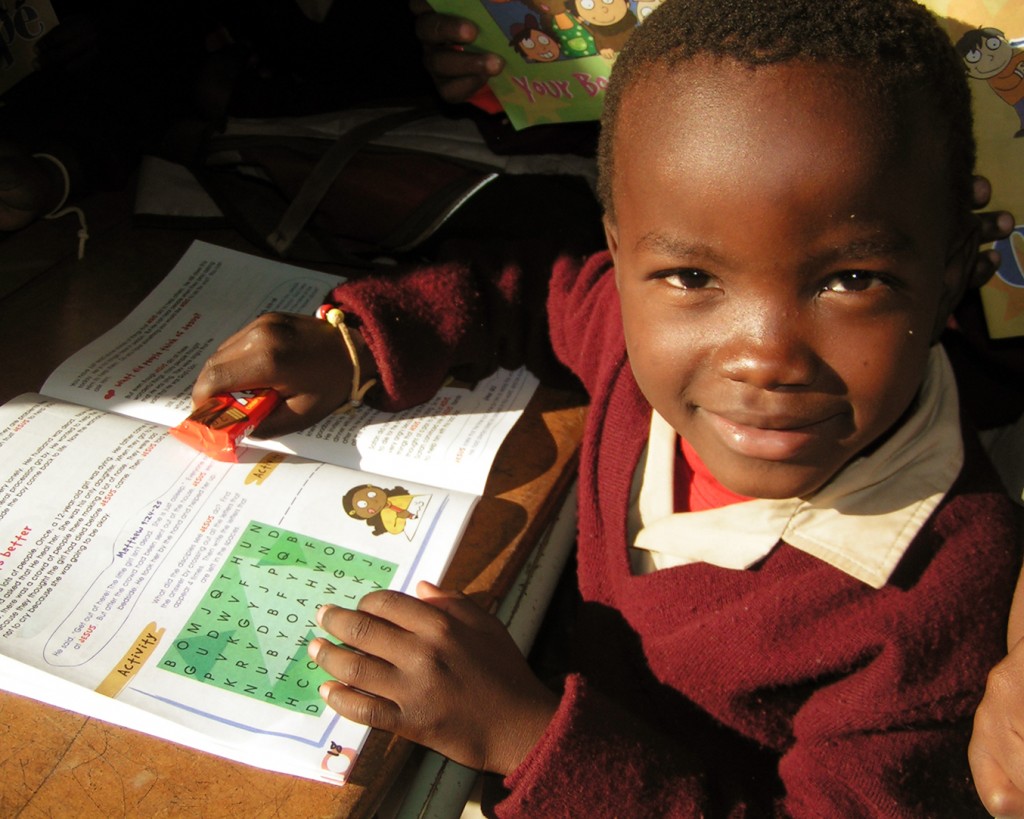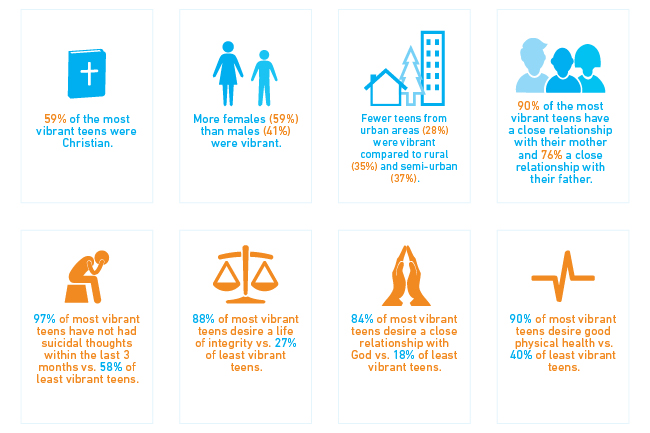Can what you don’t know hurt your ministry?
- Do you think they wish they had known they were giving Bibles to illiterates before they raised the money for them?
- Is the pastorless village where a church did a “drop and run” of Gospel literature still wishing there was someone who could answer their questions about Jesus?
- Is that amazing female children’s ministry leader upset that no one told her the country she was being sent to do training in only allows males to train church leaders?
- Would attaching a nominal price to your program instead of advertising it as “free” have changed the perception and attendance of the event you organized in that affluent community?
- Do you regret not planting or working through a local church before doing a widespread evangelism outreach event?
- Are your food pantry’s shelves bulging while 412 kids in your local community are in desperate need of foster care while their parents are incarcerated?
- Are you being asked to travel, speak, and write a book on your incredibly successful pre-school ministry while churches in sensitive countries would love to know how to take the first step from childcare to discipleship in their children’s programming?
How many did you answer “Yes” to?
We have all seen or been party to a well-intentioned but mind-bogglingly counteractive ministry endeavor. There is nothing more frustrating than trying to effect change only to find out later that you made an impact, but didn’t achieve your desired outcome.
I am now more than ever convinced that research is not only prophetic, but a critical component for creating strategic ministry initiatives to effectively carry out the specific passion, gifting, and geographical favor God has granted to you and your church.
I came to this realization after having an epiphany in Swaziland nearly a decade ago that caused me to realize the importance of analyzing and utilizing research to help build a strategic roadmap to fruitful ministry.
 In our case, we were a Scripture ministry with the God-sized goal of reaching every child on the planet with the Word of God. In order to ground us in the reality of where we were and orient us to where we needed to go to achieve mission fulfillment, we needed to begin by launching a giant research effort to help us better understand the heartfelt and current needs of the children and youth we were attempting to reach.
In our case, we were a Scripture ministry with the God-sized goal of reaching every child on the planet with the Word of God. In order to ground us in the reality of where we were and orient us to where we needed to go to achieve mission fulfillment, we needed to begin by launching a giant research effort to help us better understand the heartfelt and current needs of the children and youth we were attempting to reach.
One of the tools we used as a starting point to help us determine the specific needs in a given country is the Attitudes & Behaviors of Youth (ABY) survey. Once we had a general idea of the spiritual state of young people in any given area, we could then hone in on more specific research tapping local experts including educators, churches, local governments, country-specific research reports and other NPO’s already doing good work in those areas.
For us to continue to be successful catalyzers of sharing the Gospel, we needed to better understand our audience and align the assets in any given context to best design Scripture engagement tools and programs via the local Church tailored to the relevant needs of kids in their unique cultures, contexts, and communities.
We’re approaching a decade of using this “new way” of crafting programs and products that are relevant and engaging and have seen God honor our process by the leaps in the effectiveness of our efforts.
Because research has transformed our ministry and made us more effective at reaching young people, we make it available to churches and ministries who share our vision for transforming the next generation with God’s Word.
What are some ways you can see using research to make your ministry more effective?
You’ll also enjoy:




